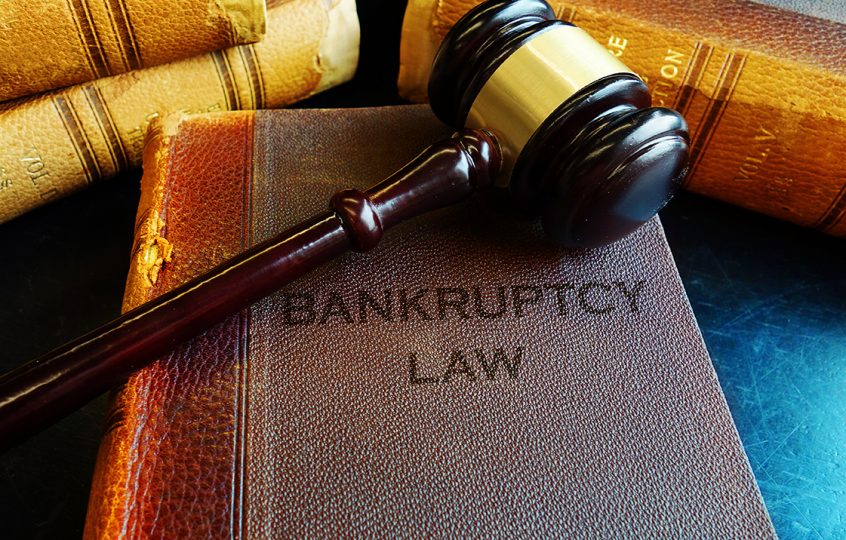What is considered bad faith in Bankruptcy Law?
What constitutes a bad faith filing? Generally, it means there was an abuse of the bankruptcy law system. That being said, every bankruptcy case has a good faith filing requirement. This is determined by looking at all of the circumstances surrounding a bankruptcy. If the totality of the case indicates an abuse of the system, the filing will be ruled to be in bad faith.
The Consequences Of A Bad Faith Bankruptcy Filing
The consequences of a bad faith bankruptcy filing can be very serious. This is why it is important to know and understand bankruptcy law. Filing bankruptcy in bad faith isn’t always intentional. The paperwork and number-crunching involved is so tedious and confusing that there are a number of things that could be overlooked leading to a bad faith filing. That being said, it is a bad idea to file for bankruptcy relief if you don’t plan to complete your case or fill out your paperwork with honest intentions.
Characteristics Of Bad Faith Bankruptcy Filing
There are a number of characteristics that indicate a bad faith bankruptcy, and it is based on the entire set of circumstances surrounding the case. Here are some of the most common factors courts consider when deciding whether a bankruptcy was filed in bad faith:
- the frequency and number of prior bankruptcy filings and dismissals
- whether the debtor misrepresented or omitted any information in the petition
- whether the bankruptcy is feasible or filed simply to delay creditors
- whether the debtor has shown the intention to complete the bankruptcy by complying with all court rules and procedures after filing the case
- whether the debtor financed any luxury items before filing to increase his or her expenses, and any other conduct with blatant disregard for bankruptcy law.
You Could Lose Your Assets & Property
The consequences of filing for bankruptcy in bad faith, vary depending on the degree of intentionality behind the conduct and whether or not you own any nonexempt assets. The courts can dismiss your bankruptcy altogether. Under this scenario, you could lose the right to get rid of any debts existing at the time of your filing and potentially lose all of your nonexempt assets. For instance, if you file for bankruptcy just to delay your creditors and don’t disclose all of your property that you own, your property could be liquidated to pay off your debts.
Even A Chapter 13 Bankruptcy Can Be Filed In Bad Faith
There are a number of ways this can happen. Even if you filed for Chapter 13 bankruptcy where normally you would keep all of your property including nonexempt assets, it could still be considered bad faith filing. For example, if you file for Chapter 13 bankruptcy but intentionally leave out some of your assets on your petition, the court has the power to force your case to a Chapter 7 bankruptcy so that your property can be sold to pay off your debts.
What Is A Chapter 20 Bankruptcy?
There is also a Chapter 20 bankruptcy, which can allow debtors to get rid of their unsecured debts through a Chapter 7 and later file for Chapter 13 to catch up on mortgage payments or pay off nondischargeable priority debts. It gets it’s name from adding 7 & 13 together, and there have been a lot of people who have fallen guilty of bad faith bankruptcy by doing this and not waiting long enough between filing Chapter 7 & 13.
RGG Offers Experienced Bankruptcy Law Attorneys
To ensure that you don’t accidentally file in bad faith, it is important to have legal representation that understands bankruptcy law in and out. RGG Law firm has over 20 years of successful experience in practicing bankruptcy law. If you need help eliminating your debts within the boundaries of bankruptcy law, give us a call. RGG Law is on your side.

